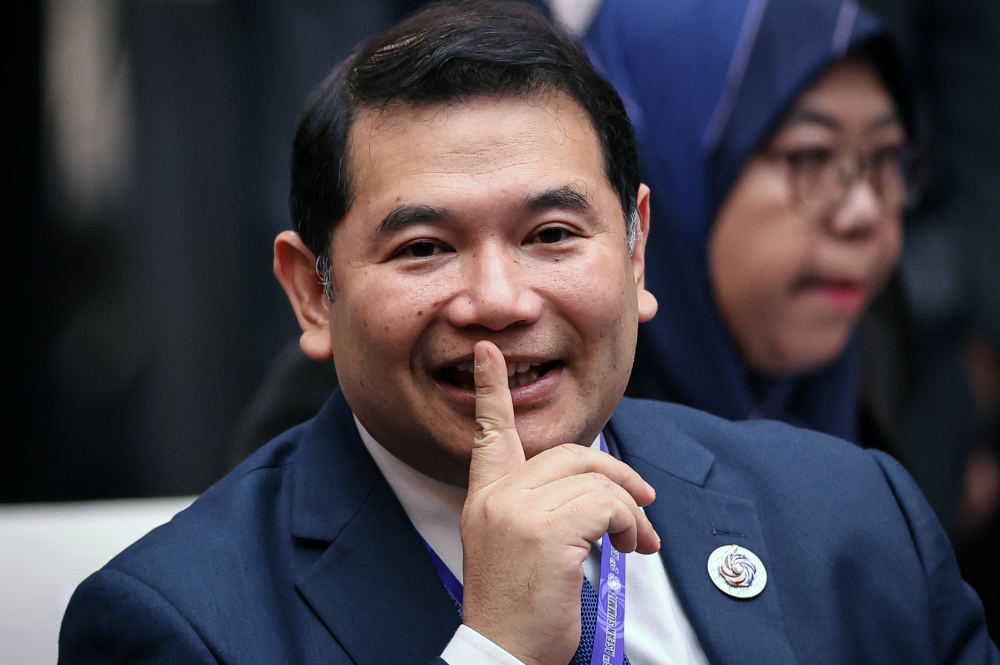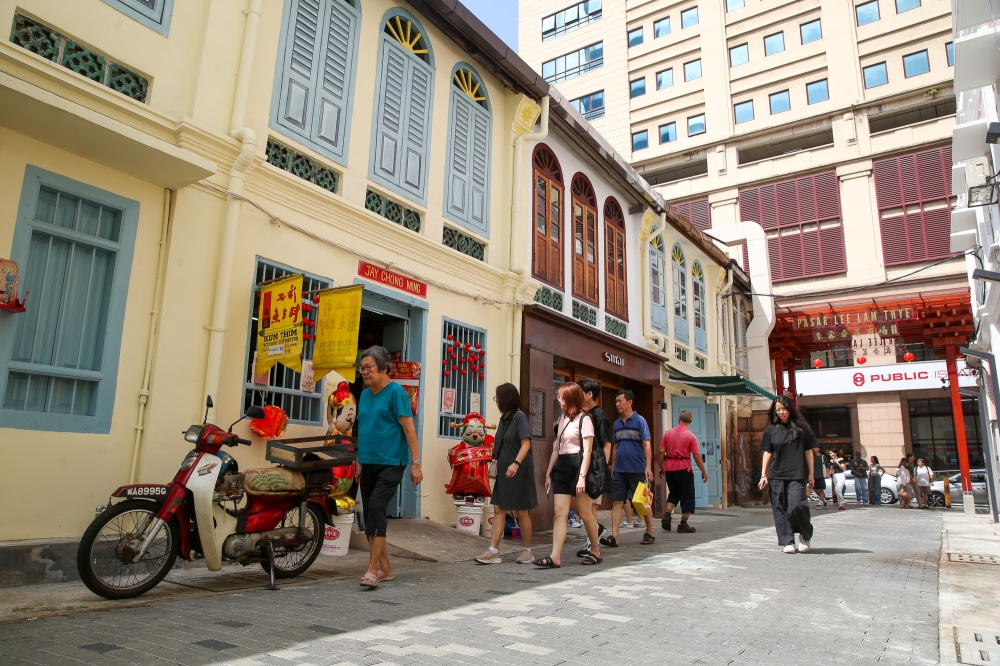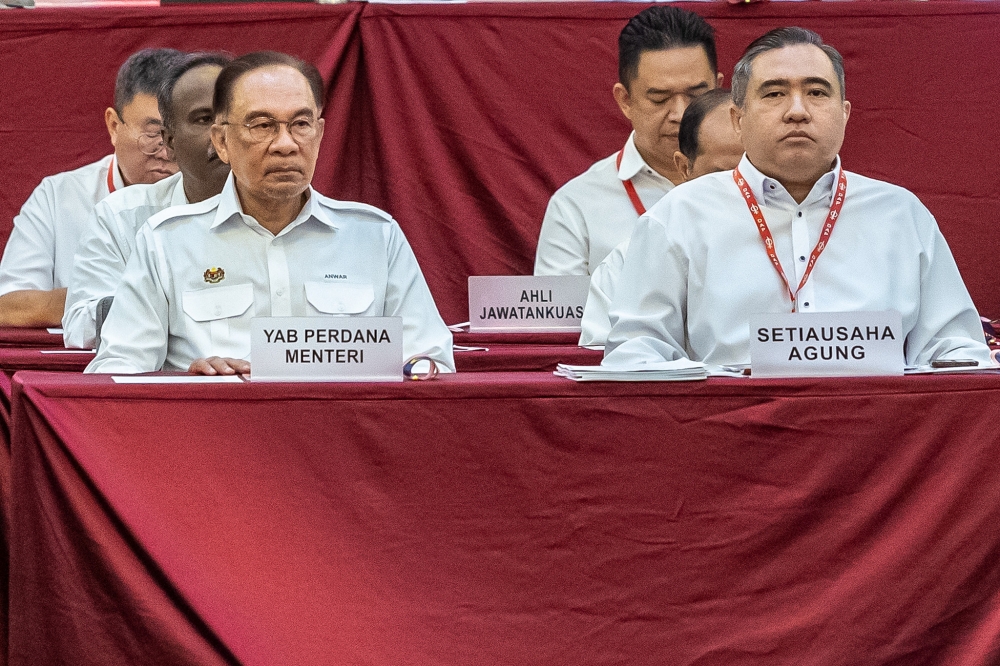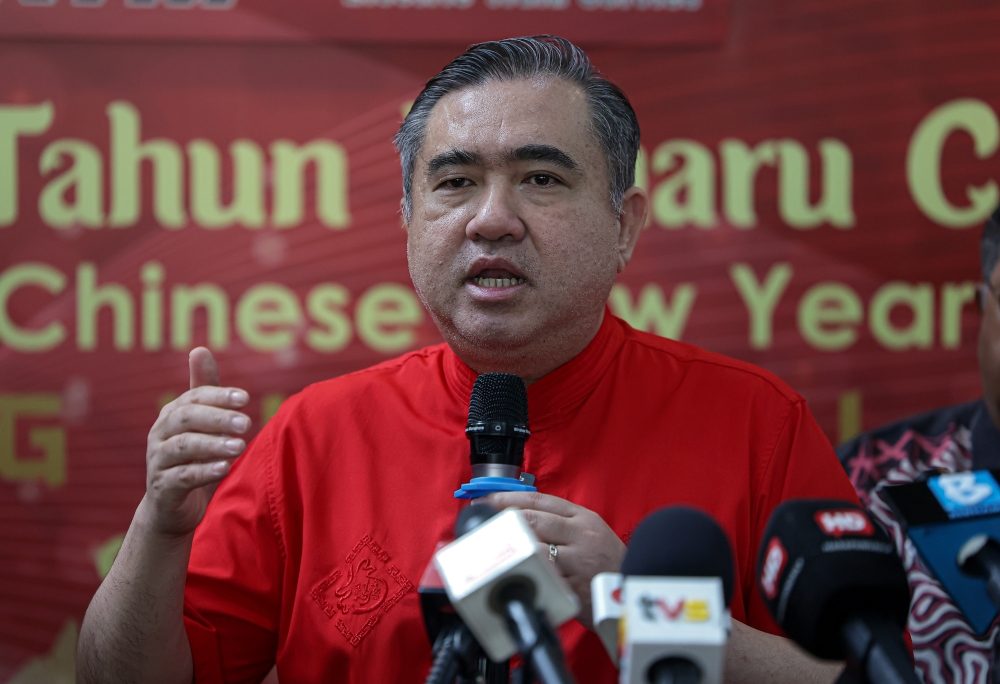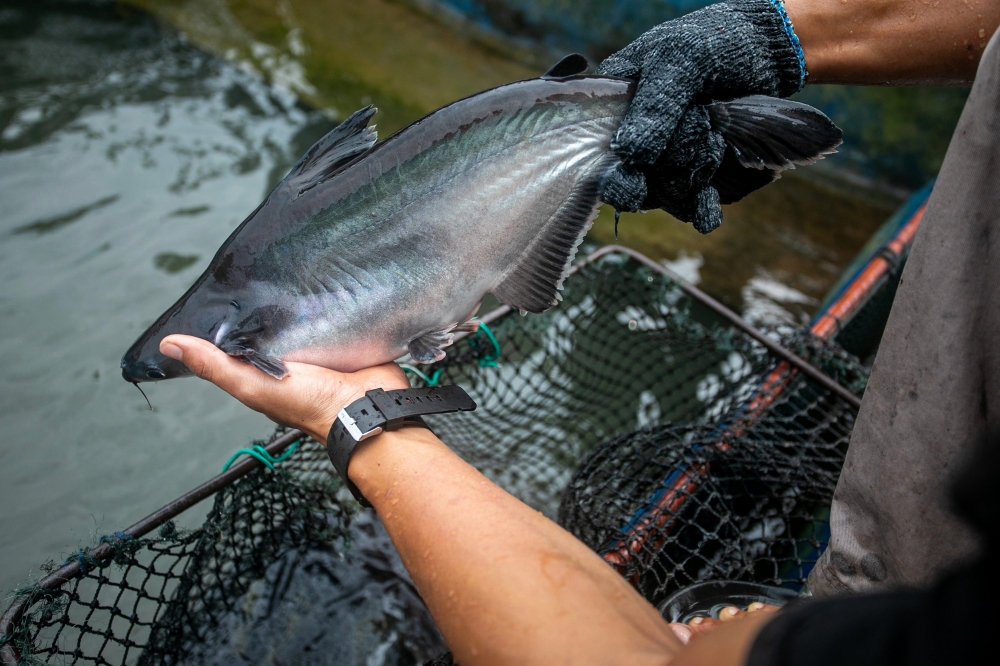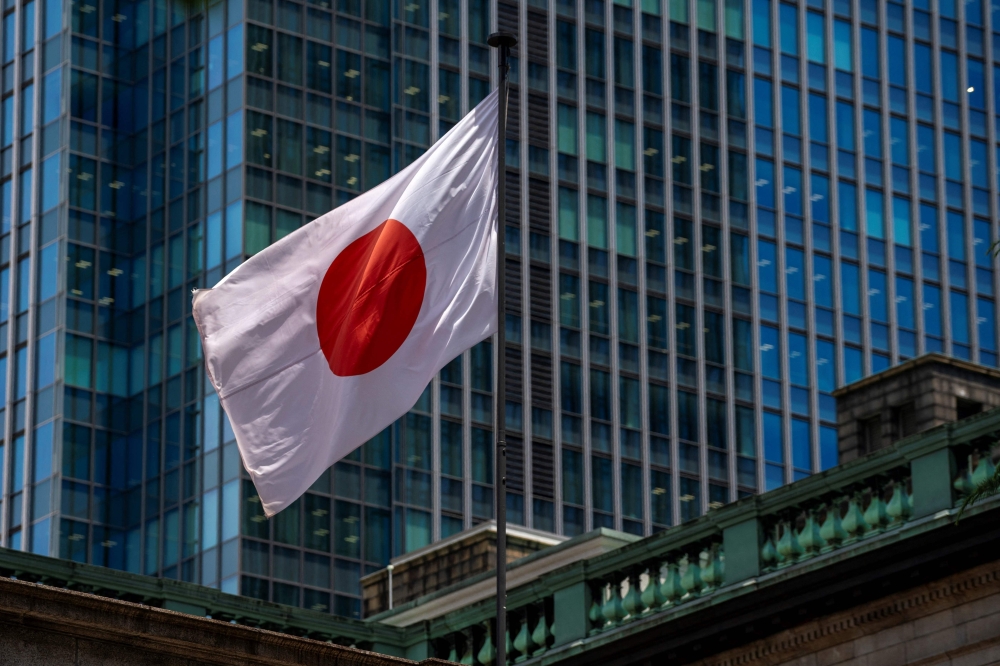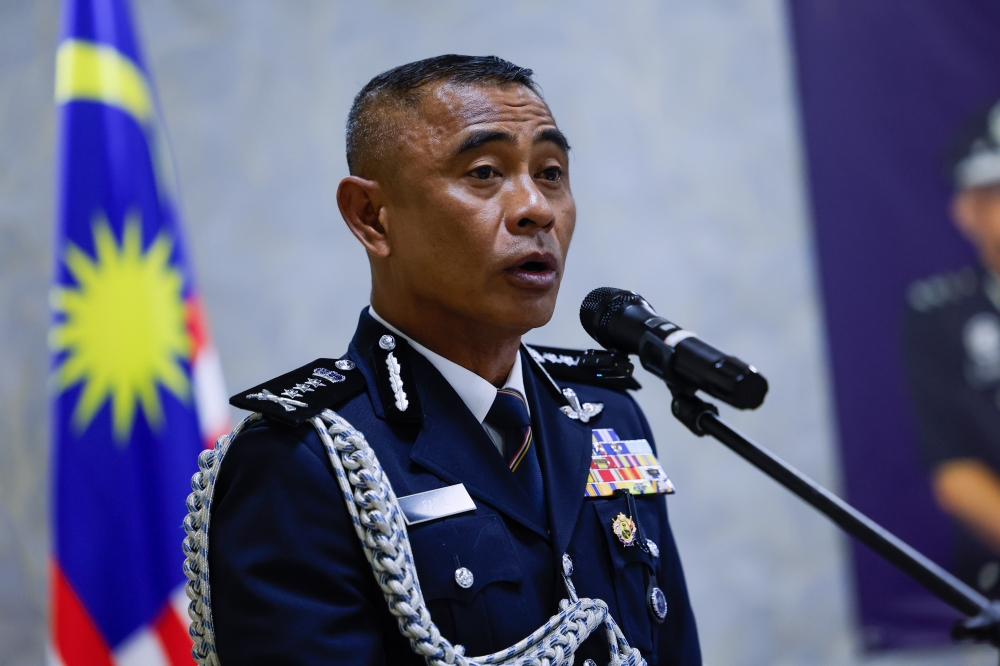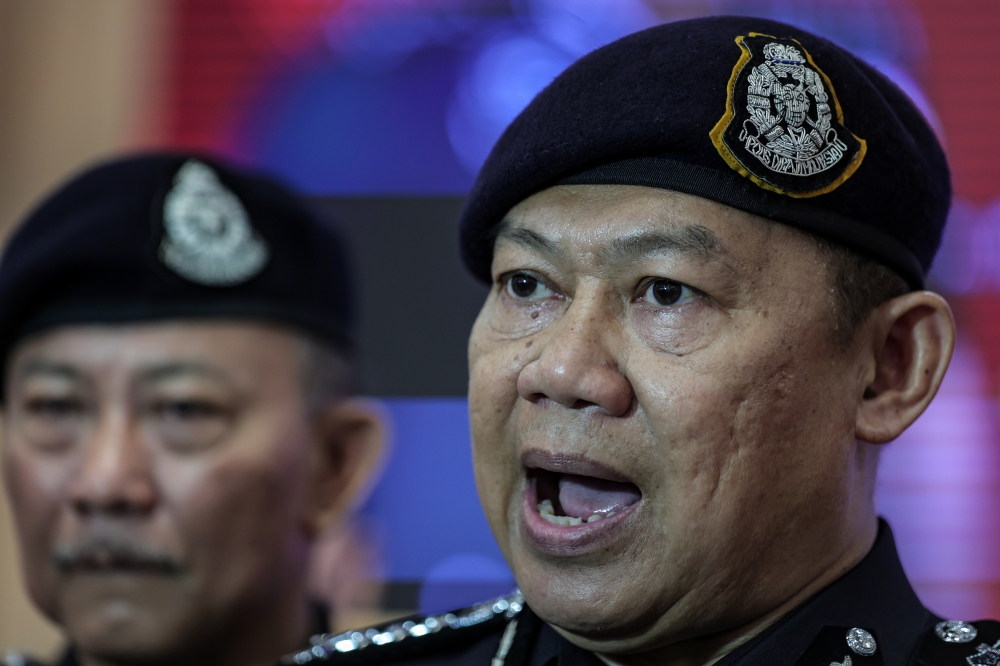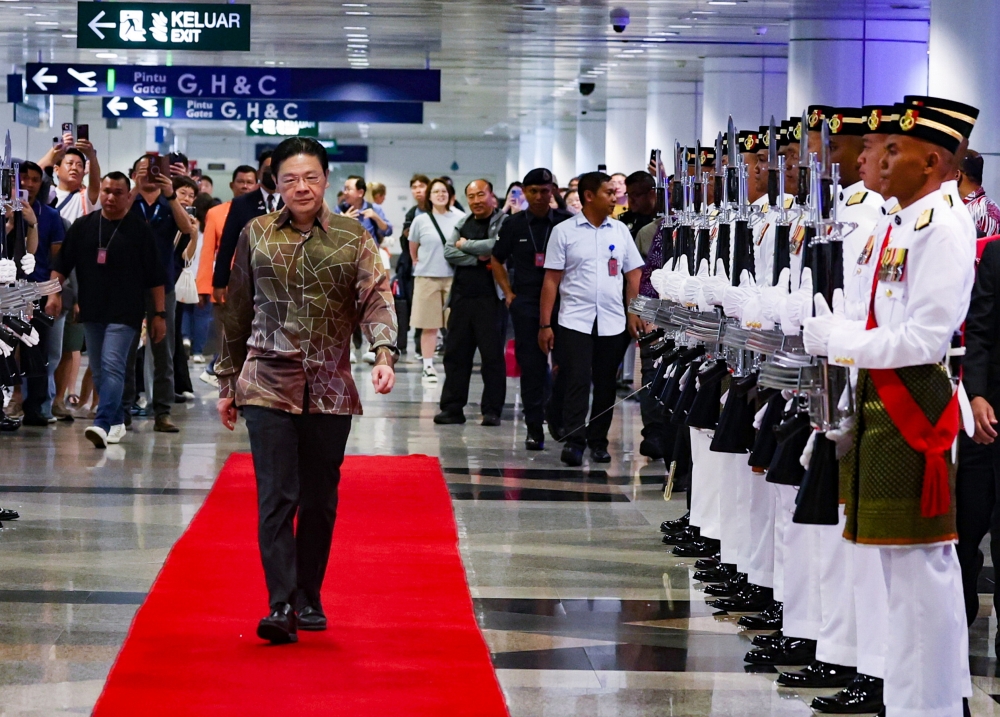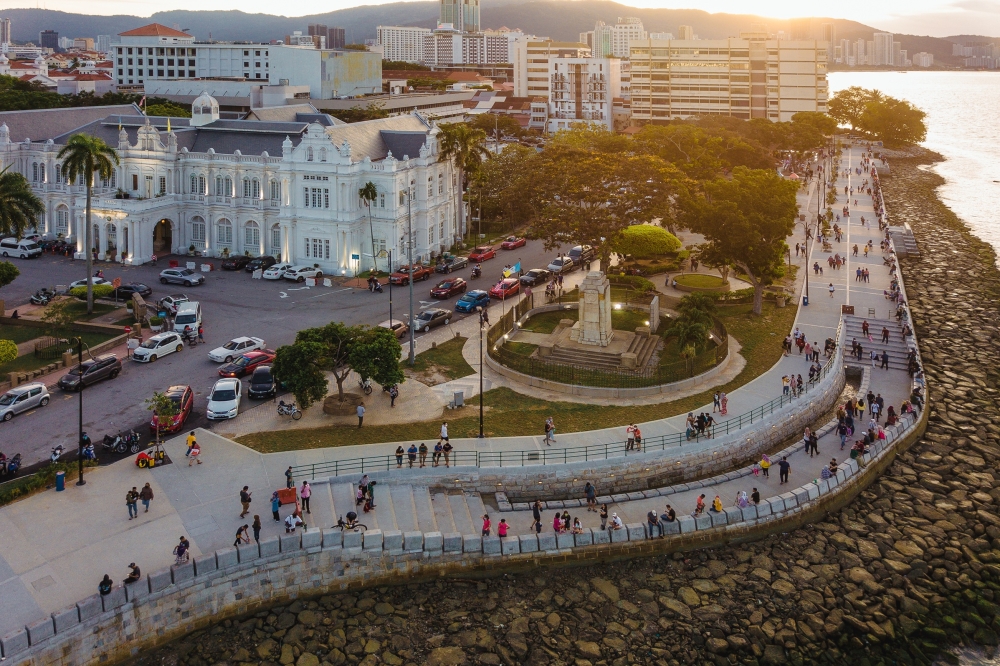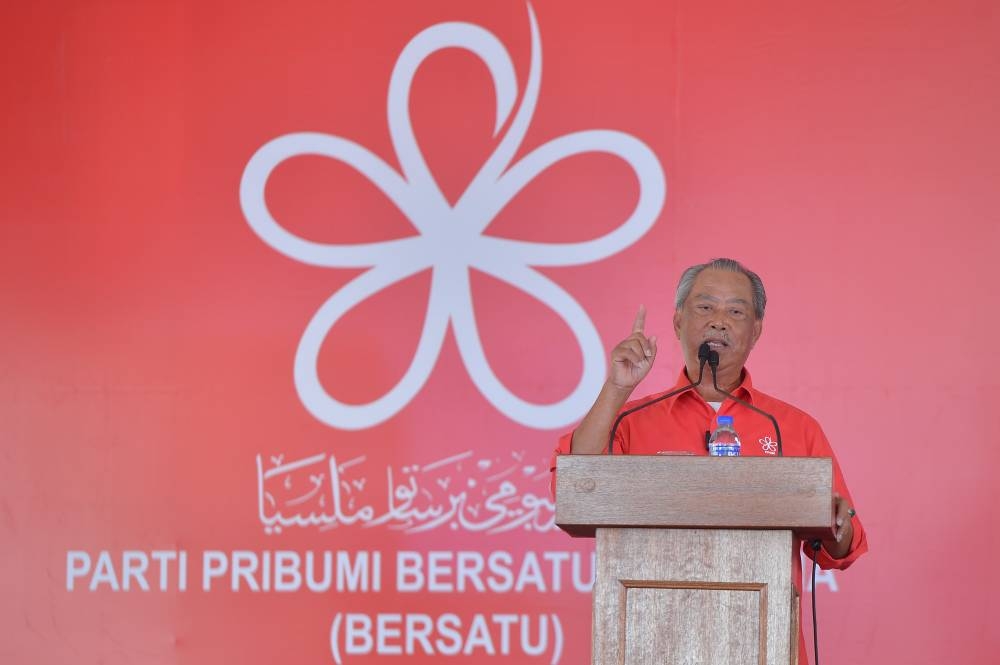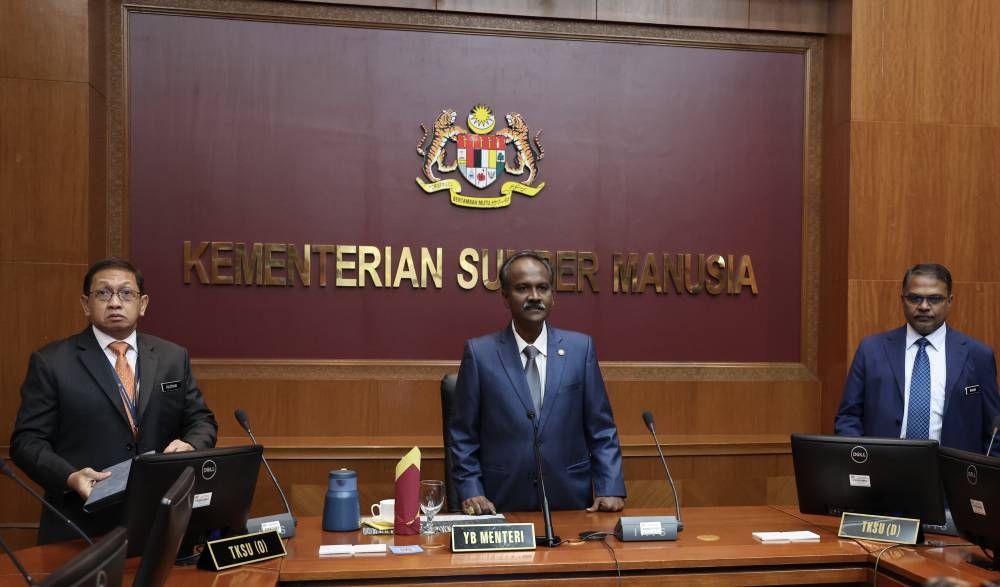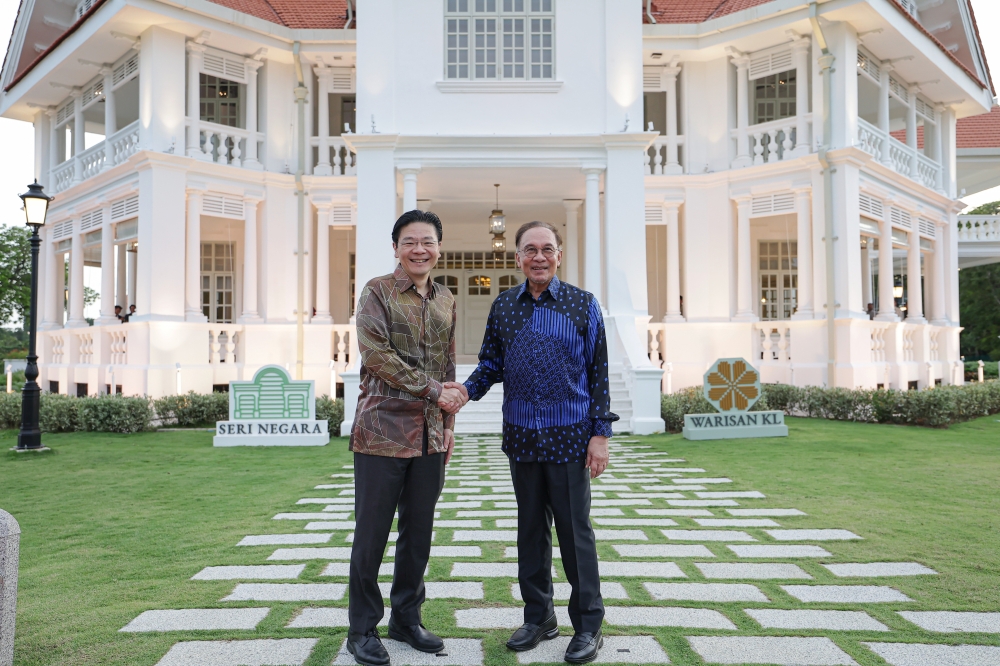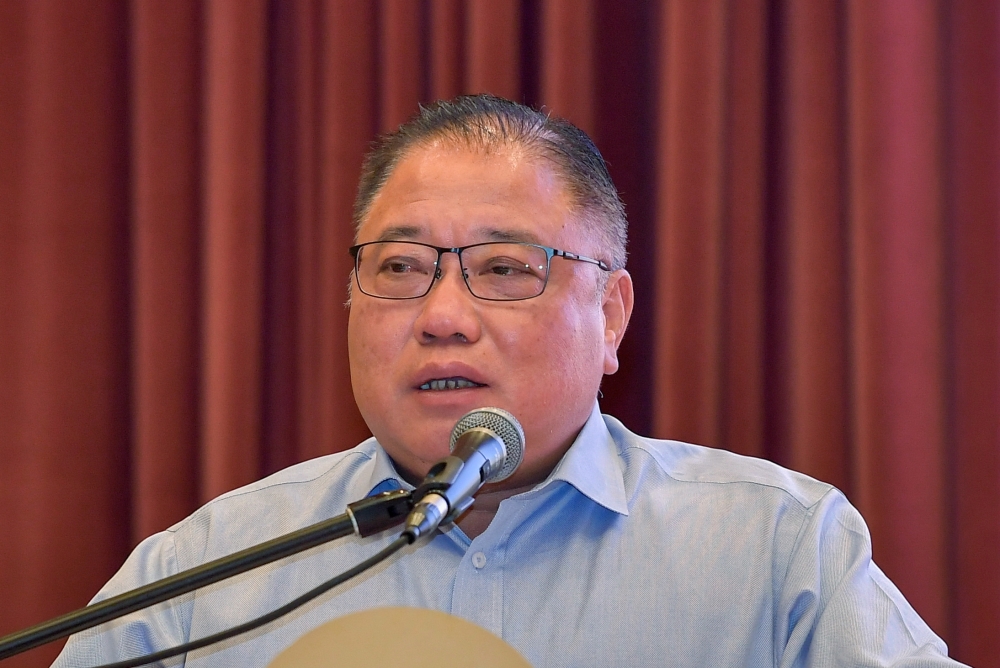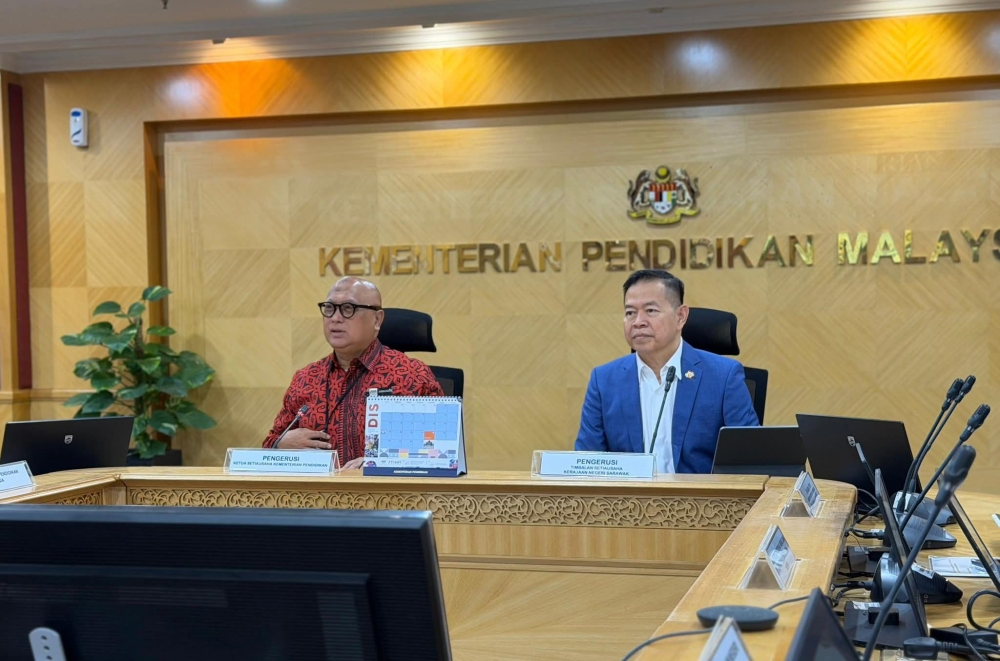DECEMBER 29 — It’s easy to overstate but still, 2022, oh boy, what a year!
For Malaysians at least, rollercoaster is not quite enough to capture the sentiment and the outcomes which now usher in 2023. Certainly, it is time to say goodbye to the year, one which will be referred to for decades as seminal. An inflection point for Malaysian history, a tale more valuable for the dangerous path not taken rather than its own merit.
PAS was a whisker away from being the dominant party in a makeshift coalition only to be thwarted before the home lap. It will wait for its turn just as Kelantanese wait for their taps to produce clean water.
An indescribable year which began ominously for Pakatan Harapan, and early signs to confirm those fears in the form of the Johor polls, followed by a topsy-turvy set of events that climaxed with an improbable majority with Umno to unseat Perikatan Nasional (PN) from government.
The unthinkable is now fact. Anwar Ibrahim is prime minister.
What does all that herald in the form of symbolisms generated from the outcome?
While historians may unpack the actual content and contributions of leaders, in objective terms, and more specifically Anwar, it’s apparent analysis is a poor cousin to semiotics. For young countries like Malaysia, symbols shape the narrative and dictate energy.
Many may claim Anwar extremely lucky, but in the high stakes games of power, results are always close calls.
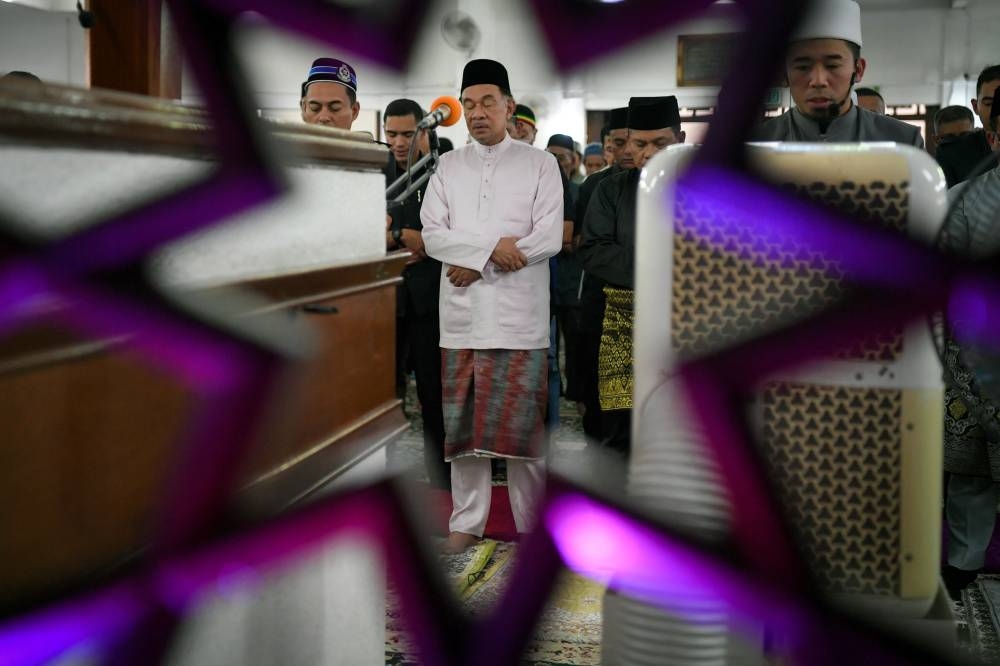
Anwar’s victory symbolises what he is synonymous with, resilience and second chances.
He rose meteorically — only a heart-attack away from the top — in 16 years within Umno and government, only to be ousted in spectacular fashion in 1998 by Mahathir Mohamad. Sacked and jailed.
Thereafter, he waited for 24 years — in which early promise gave way to an absent ascent suspended by another incarceration and dramatic false dawns — to take his oath of office.
In that wait, especially the last four years, he faced ridicule. From gags on strong, formidable and convincing to this column suggesting it was his time to go!
Yet, here he is, at the end of the rounds in the middle of the ring, still standing while his opponents faltered. The story is not sanitised as his fans may retell but the endurance is palpable.
Anwar survived and faces new challenges, like the sale of KL Tower which appears to be his first major scandal to answer to despite not being his doing. Tricky since the sale allegedly links back to Umno which partners Pakatan in this government.
Anwar has — whether liked or not — remained steadfast. The resilience repaid is a fact now. He is the only man jailed — not once, but twice — to become PM, and he must believe in second chances. In reprieve.
Even the nature of the victory indicated resilience and reprieve. PN achieved a sweep of the Malay belt which decimated Umno. In the wild world of Malaysian politics, it was far more conceivable for Umno to back its vanquisher and Borneo parties to prop up a PAS-dominated PN despite its allergy to Islamist parties. Strange but true that was the formula for 2020 to 2022, so a continuance was assumed.
For a variety of reasons, friendships to said allergy, the majority PN expected went to Anwar’s Pakatan. Today he stands with almost two-thirds of Dewan Rakyat. Perhaps Anwar knew all the time, that he would get his day, however close the competition.
Rakyat may reflect
Separate from Anwar’s administration while the PM carries on with his job, there is the question of how Malaysians take the messages of resilience and second leases of life.
This is how the column sees it.
The coming year is a storm. It is difficult to encapsulate what the collective resilience of 36 million Malaysian constitutes. The rising cost of living lends use here. A constant component to rising prices is the cost spiral which without getting into the elongated discussion is driven to a significant degree by trust deficits. When panic sets in, not sparing the hoarders from blame, or discourses on price ceilings and subsidy dynamics, prices soar.
If the people can trust a combination of unlikely characters led by the unlikeliest of leader to form a large coalition, it has to show similar resilience — especially those who know who they are and control the market — for the rest of the country. They can choose to act in the interest of the country they believe can work under this administration. If they do forego self-interest.
The second part is about second chances. If Anwar the Malay nationalist of the 1980s returns as the glue of multiple factions inside a rainbow coalition 40 years later then perhaps all Malaysians can reconsider what they think is Malaysia.
A former colleague said after the election that there were too many factions in the country wanting to get the best for themselves and their factions over the interest of the country. They see the Malaysia of their interest, he said. There is insincerity when they come to the discussion table.
This is an odd request, to expect the people to lead on second chances, a change of heart on how they see Malaysia should operate on all the sacrosanct issues rather than wait for leaders to bring forth the uncomfortable conversations and thereafter actions.
But this might be what the Anwar age might mean; even if organic for now and not emanating from the leaders, a spark in the people that if an improbable government is possible then even our improbable ideas may merit reconsideration.
If that starts to swell up in the hearts of my countrymen then perhaps 2023 might not be all that ominous.
* This is the personal opinion of the columnist.

